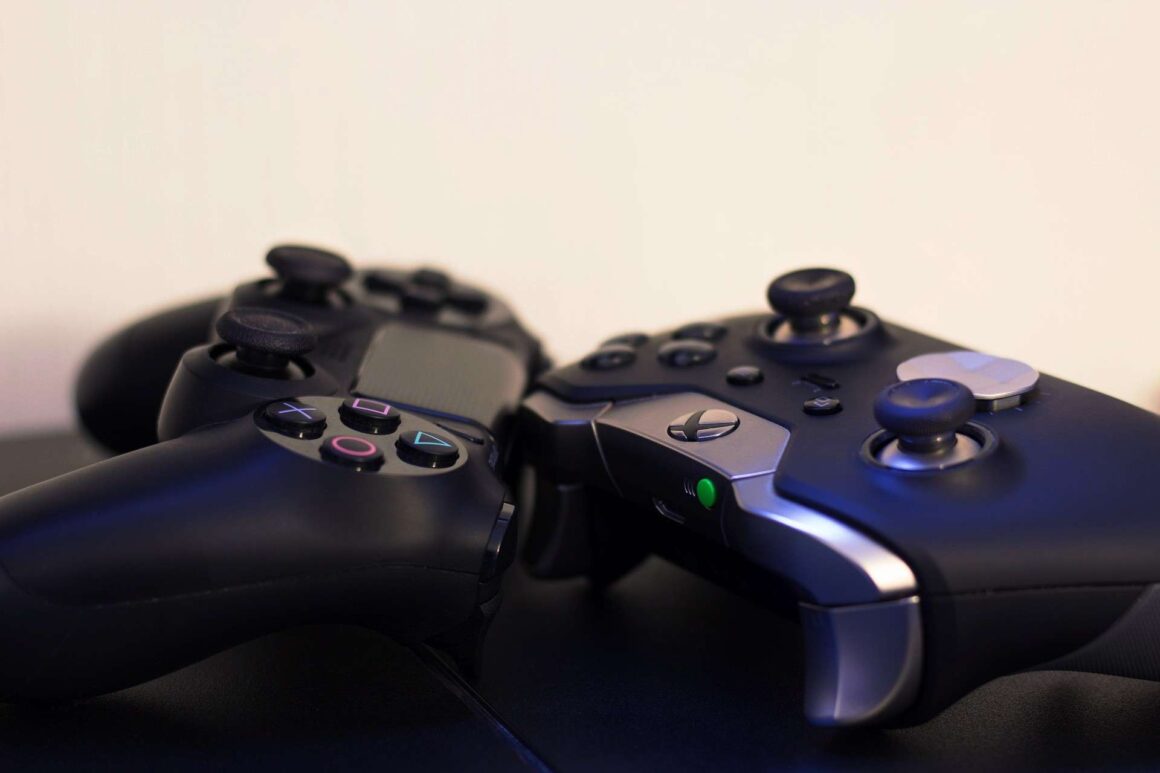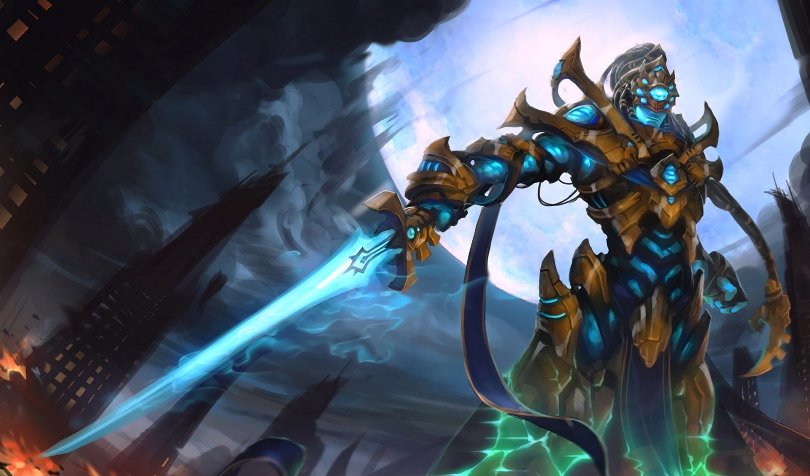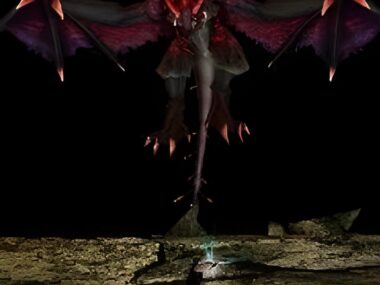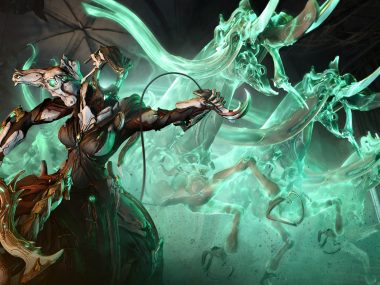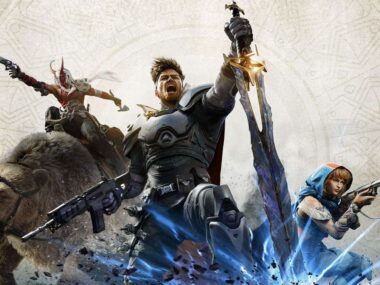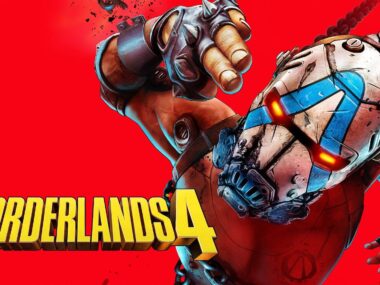The gaming industry has been quietly rewriting its own rulebook. Once, the console wars were the headline. Sony and Microsoft locked in a battle over influence, exclusive games, and bragging rights. Now the arms race has cooled off. The big players have pivoted from “win the console” to “be everywhere.”
Case in point: Helldivers 2, Sony’s co-op shooter launched on PlayStation and PC in 2024 and is coming to Xbox on August 26, 2025. It’s not because the developer, Arrowhead demanded it, but because Sony did. Arrowhead CEO Shams Jorjani was blunt: “It was all PlayStation. Send them your thanks!” It’s the first time Sony has directly published one of its own PlayStation Studios games on Xbox.
The Xbox release will support full crossplay with PS5 and PC, letting all players fight side-by-side in the game’s community-driven “Galactic War.” In other words, Sony is making it easier than ever for players to enjoy its flagship live-service title, no matter their console.
If the Companies Are Done, Why Aren’t the Gamers?
From the top down, the battle lines are blurring. Microsoft is putting Forza Horizon 5 on PlayStation. Sony is sending Helldivers 2 to Xbox. Scroll through any comment section, however, and it’s like the old days never ended. Many gamers still treat console choice like a sports team rivalry.
Why is it so hard for some gamers to let go?
Identity and Tribalism: Picking a console is like joining a club. That choice becomes part of a gamer’s identity, and defending it is defending themselves.
Justifying Their Investment: Consoles and games aren’t cheap. Declaring your platform “the best” helps confirm you made the right call.
Cultural Legacy: The “console war” narrative has been around for decades. It’s baked into gaming culture, media, and marketing.
Ecosystem Loyalty: Features, friends lists, and subscription perks make it feel like switching sides means starting over.
Social Dynamics: Gamers often want to play where their friends are. The “winning” platform can shape social circles.
The short story is that the rivalry survives because it’s less about corporations and more about people.
Why Exclusives Still Matter
Here’s the irony: exclusives are fading in absolute terms, but they’re still hugely influential. PlayStation’s lineup in 2025 proves it:
- Marvel’s Spider-Man 2: 18.4 million units sold.
- Helldivers 2: 9.6 million in three months.
- Final Fantasy VII Rebirth: 6.2 million, PS5-only.
- God of War Ragnarök: 15.7 million lifetime sales.
These numbers matter. PlayStation’s exclusives help keep it ahead in U.S. market share (49% to Xbox’s 45%) and push its player base to log more hours each week. They’re part marketing tool, part brand glue.
Xbox’s approach is different. By releasing titles like Forza Horizon 5 on PlayStation, Microsoft expands its reach at the cost of exclusivity. That makes Xbox more of an ecosystem than a hardware-first brand, a long-term play for Game Pass and cross-platform engagement.
The console wars, as the companies once waged them, are ending. Sony and Microsoft are building bridges instead of walls. For many gamers, the battle isn’t about business strategy. It’s about identity, loyalty, and community, things that don’t dissolve with a press release.
The industry may have moved on. The players, not so much.
